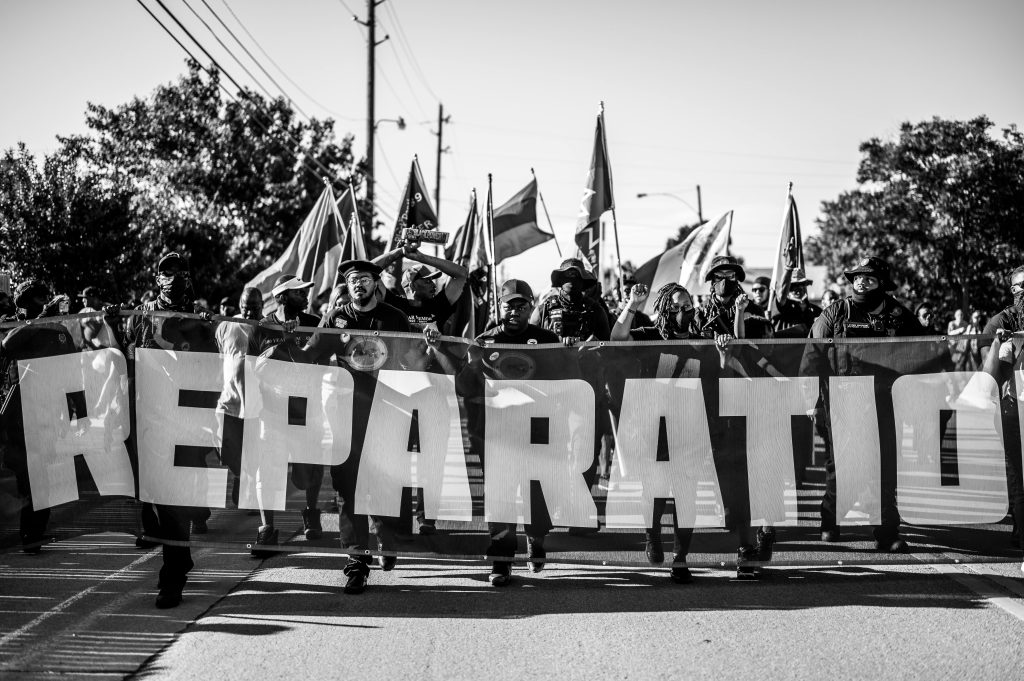Reparations: It’s Not About Guilt—It’s About Justice

Let’s get something straight right away: reparations are not about assigning guilt to anyone alive today. They’re about finally confronting the very real, very measurable damage done by centuries of slavery, segregation, redlining, mass incarceration, and systemic racism—and doing something meaningful about it.
Black Americans were promised 40 acres and a mule. They got Jim Crow. They got their wealth stripped, their land stolen, their communities overpoliced, and their neighborhoods redlined. They’ve been shut out of opportunities to build generational wealth—on purpose, and with government policy behind it.
That damage didn’t vanish with the Civil Rights Act. It’s still here. You can see it in the racial wealth gap, in homeownership rates, in education outcomes, in maternal mortality statistics, and in incarceration rates. It’s not ancient history—it’s baked into the American economy.
So what do we do about it?
I’m for a serious national conversation on reparations—backed by data, driven by impacted communities, and focused on tangible outcomes. Not lip service. Not guilt trips. Investment. Justice. Repair.
That means:
Direct financial compensation or targeted programs (education, housing, small business grants) for descendants of enslaved people.
Restoration of land and property where it was taken unjustly.
Real funding for community-led solutions in areas hardest hit by the legacy of racist policies.
A federal commission (like H.R. 40 proposes) to study how reparations could be implemented fairly and effectively.
Let’s also be real: this will get attacked.
There will be fear-mongering. There will be dog whistles. Politicians who’ve never lifted a finger to help working-class people will suddenly pretend to care about “the deficit” or “fairness.” But we know they’re full of shit.
We’ve found money for wars, bailouts, and billionaire tax breaks. Don’t tell me we can’t find money to right a centuries-old wrong that white people like me still benefit from every single day.
This isn’t about handouts. It’s about accountability. It’s about closing the gap. And it’s long overdue.
